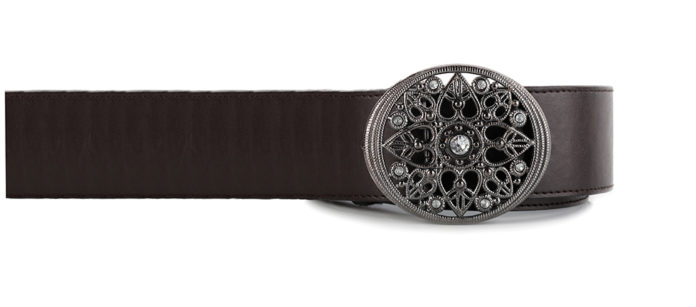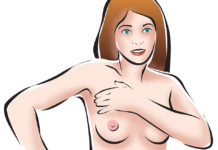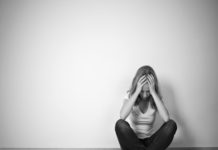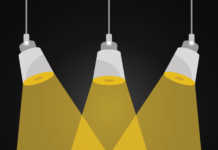
“Not tonight,” Anna S. mutters to her husband nearly every night before rolling over to fall asleep. Except she doesn’t always fall asleep; instead, Anna lies awake and feels guilty that she doesn’t want to have sex. She wonders if there could be something wrong with her. Lately she has been making excuses – she’s tired, she has a headache, she has to get up early – or she sneaks off to bed early so that she is already asleep when her husband comes to bed. Although she can’t remember the last time they had sex, she knows it’s been at least a month – maybe two.
When sexual desire isn’t as forthcoming as it once was, some of us are perfectly fine with it (and possibly relieved), while others, like Anna S., mourn paradise lost. Female Sexual Arousal Disorder (FSAD) can be the result of any number of causes. The good news? Most of the time, with a little bit of effort, our libido can be restored.
While quite distressing, FSAD is a fairly common condition that often resolves itself, or at the very least can be addressed in most cases. The best place to begin is by looking through the list of causes and working on eliminating whatever you can on your own, such as smoking, drinking or poor diet – and speaking with your healthcare practitioner about the rest. Allow yourself to be aroused, focusing on how you’d like to feel versus how you are feeling – if you have experienced the flip-flop, desire should kick in, along with hormonal help for the future. This is why the more a woman engages in sexual activity, the more she craves it; the less she indulges, the less she wants it, entrapping her in a vicious cycle.
Beyond that, there are various natural remedies that many women swear by, even though research is preliminary. When using an herbal remedy, make sure to inform your healthcare practitioner. Some herbal agents cannot be taken during pregnancy and some may decrease the effectiveness of the birth control pill. Others may have serious side effects, particularly when mixed with medications. Find what works best for you.
PHYSICAL CAUSES
• Anemia (common in women with heavy periods and after childbirth)
• Medications (especially the Pill, certain antidepressants, and some over-the-counter products)
• Illicit drugs, alcohol and smoking
• Poor health (or diet) and medical conditions (such as diabetes)
• Post-baby coolness (common after childbirth, due to dramatic hormonal changes)
• Low testosterone levels (often associated with an age-related decline in the hormone DHEA)
• Low nitric oxide levels (cause poor circulation, affecting the nether zones)
PSYCHOLOGICAL CAUSES
• Stress
• Anxiety
• Depression
• Relationship issues
• Unresolved sexual trauma
OTHER CAUSES
• Fatigue
• Low energy
• Response cycle flip-flop (desire and arousal switch places)












